Tradwives, Terfs, and the Terrors of TikTok
by Lauren Woodzicka, featuring poetry by Emily Bowles
I sometimes wonder how many rebrands feminism can have before it loses marketability entirely. Ideology becomes muddled with presentation, and suddenly my social media is flooded with self-proclaimed traditional wives, femcels, bimbo feminists, etc. etc. I could bemoan conservative fear mongering (and I will), but is the cognitive dissonance surrounding present feminist discourse a product or catalyst for right wing ideology?
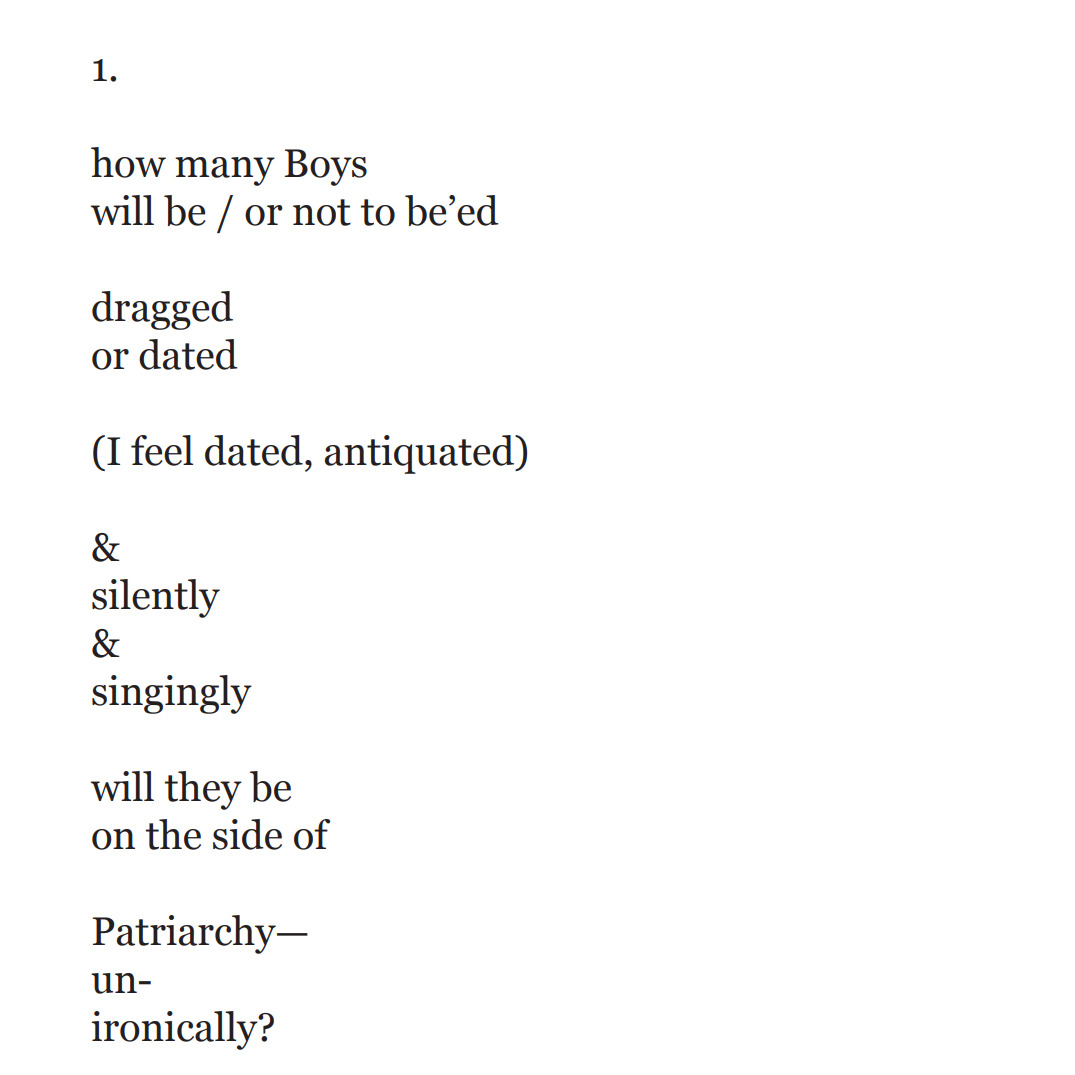
Recently I found myself entrenched in the #tradwife lifestyle on TikTok, a trend that has amassed 246.8 million views as of September 2023. These women revel in a caricature of femininity that celebrates homemaking, retro fashion, and sex-based oppression (of course it is rather ironic that said trad wives frequently suggest that trans women are performing feminine caricatures, but nuance is not a quality these women can boast). From one perspective, trad wives embody the capitalist fatigue most of us are feeling during a time when the cost of living has risen 6.4% from 2022 to 2023 (U.S. Bureau of Labor Statistics). It feels increasingly impossible for women to achieve the goals of economic liberation and freedom when a latte costs $7 and the student loan crisis has reached 1.8 trillion dollars (CNN). Add on the ever-growing invisibility of domestic labor, abolishment of reproductive autonomy, and rampant transphobia, and you get a recipe for prescriptive femininity that pedals racist and transphobic rhetoric at an alarming rate.
Domestic labor, aka “homemaking”, has long been an invisible fixture of life. According to a 2022 study, women spend, on average, twice the amount of time on chores and domestic tasks than men (The Lancet). This discrepancy leads to both a reliance on, and dismissal of said labor. As women have steadily joined the workforce over the past millennium, the amount of unpaid labor done at home has decreased at an overwhelmingly lackluster pace. For many women, the so-called “girlboss” feminism of the early 2010s reeks an awful lot of the “pull yourself up by your bootstraps” ideology. The barriers facing women in the workplace—including lower wages, discriminatory practices, and domestic expectations— paint a rather bleak picture of women’s liberation for the average working- or middle-class woman. The concept of traditional femininity suggests an escape from the ever-growing pressures of capitalism. It is important to note that this smoke screen of liberation excludes women of color, who historically have been the unsung backbone of the U.S. economy all while navigating both the racial and gender pay gaps.
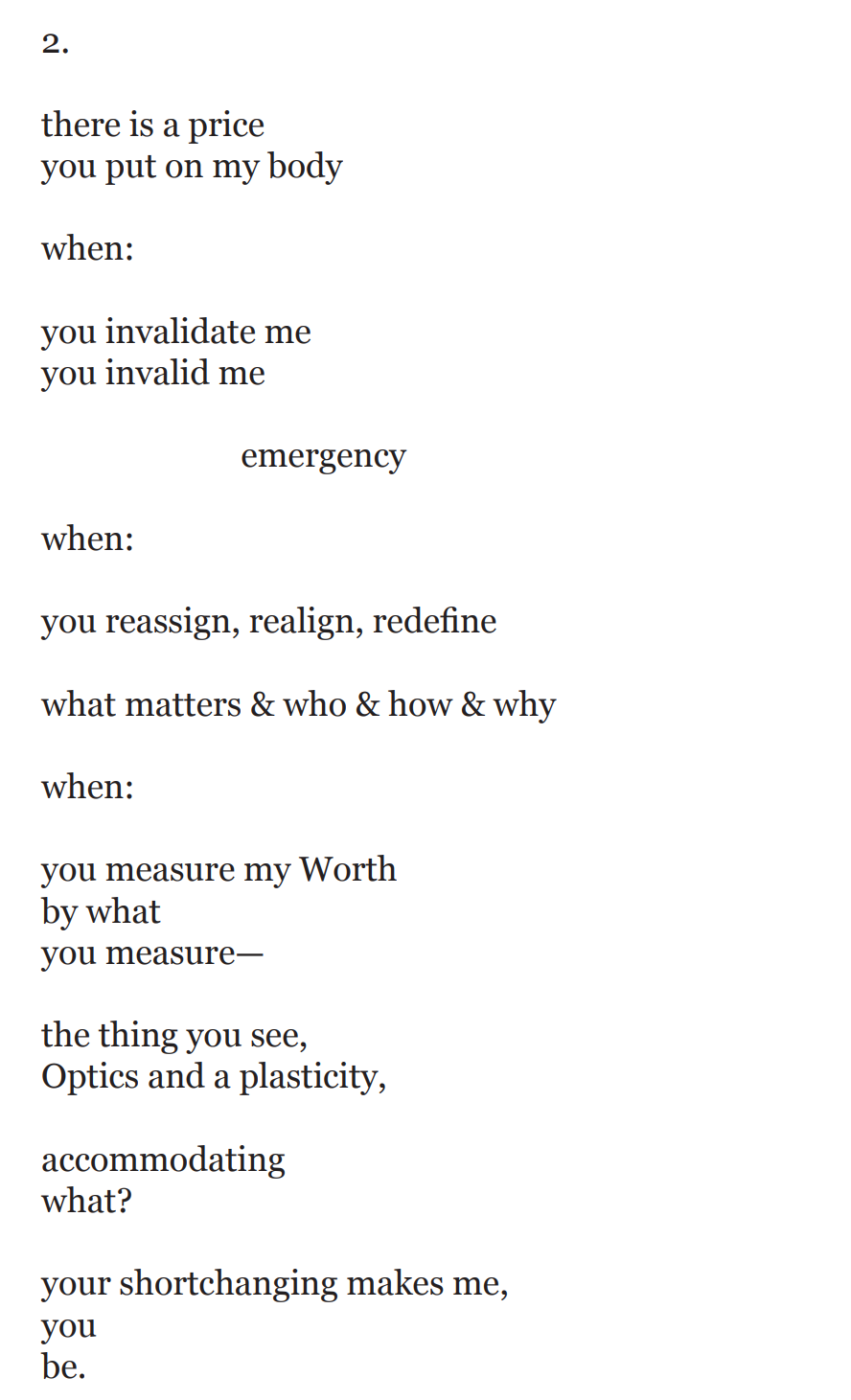
Trad wives also put delicate femininity and gender roles on a pedestal, conveniently furthering the anti-trans policies that have swept the nation in the last year. Terfs (trans exclusionary radical feminists) have an interesting crossover with trad wives—both suggest that femininity is becoming increasingly oppressed as women gain more freedom to express their gender presentation on their own terms. And what even is inherently feminine to these parties? Whiteness seems to fall at the top of the list, along with a dash of bio-essentialism. To be feminine is to perform, but only in the “right” ways.
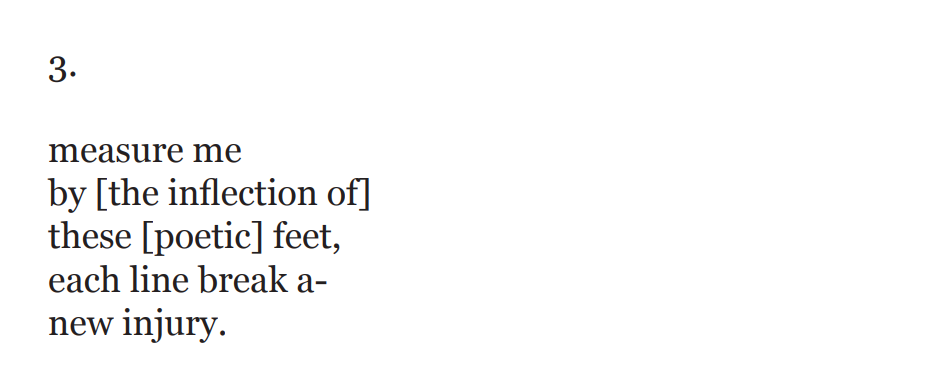
These so called “feminist” trends are not only indicative of the general disillusionment many women are feeling, but dually represent the growing desire for prescriptive identities. Social media encourages a sense of self driven largely from algorithmic posturing. For young women especially, it is particularly appealing to find a niche through which to model gender and sexuality. It is unsurprising that many women find themselves searching for the path of least resistance, even as it creates scapegoats out of other women.
One popular trad wife creator, Estee Williams, suggests that feminism has created too high of expectations for women and driven women away from their godly purpose. Some of the many grievances aired on her page include college-educated women, women who defy their “feminine energy”, and… athleisure? It is hard to tell what parts of her identity are fabricated or emphasized for views, but the comments are flooded with genuine appreciation for her mission to save women from the dregs of modern feminism. Trad wife content has also received ample criticism for promoting fetish content. The glossy perfection of the trad wife lifestyle certainly presents an anesthetized concept of womanhood, one which arguably appeals more to men than it does women. Trad wives promise a docile companion who serves not only as a live-in maid, but living, breathing display of male dominance.
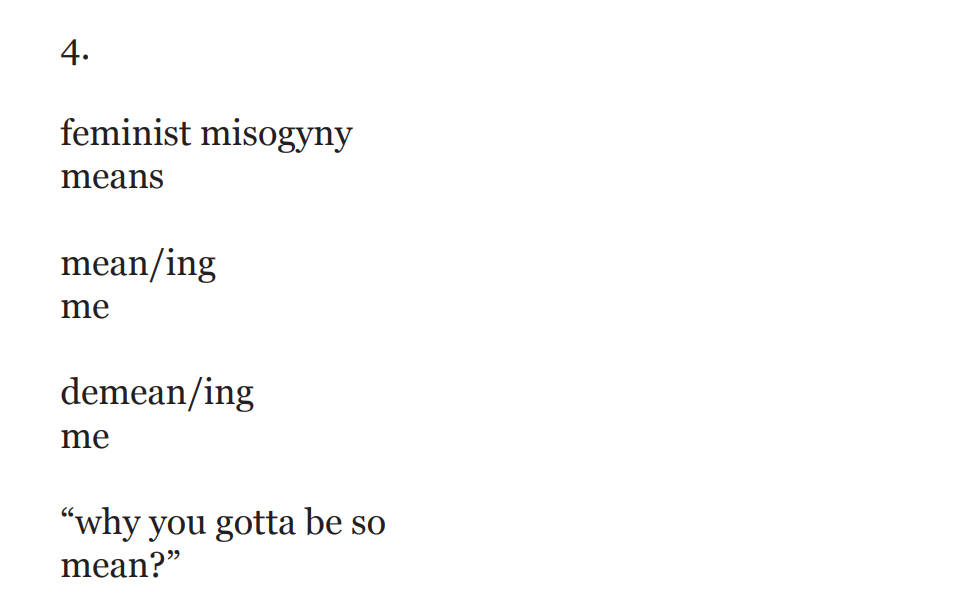
As I finish writing this, I find it hard to answer my original question of cause or effect. As media takes up larger and more subtle spaces within our everyday experience, it becomes increasingly difficult to determine where the messaging even originates from. I am sure that a few years from now, trad wives will take on a new name, and social media will suggest a new and more exciting category for women to be lumped into, both by their own volition and against their will.
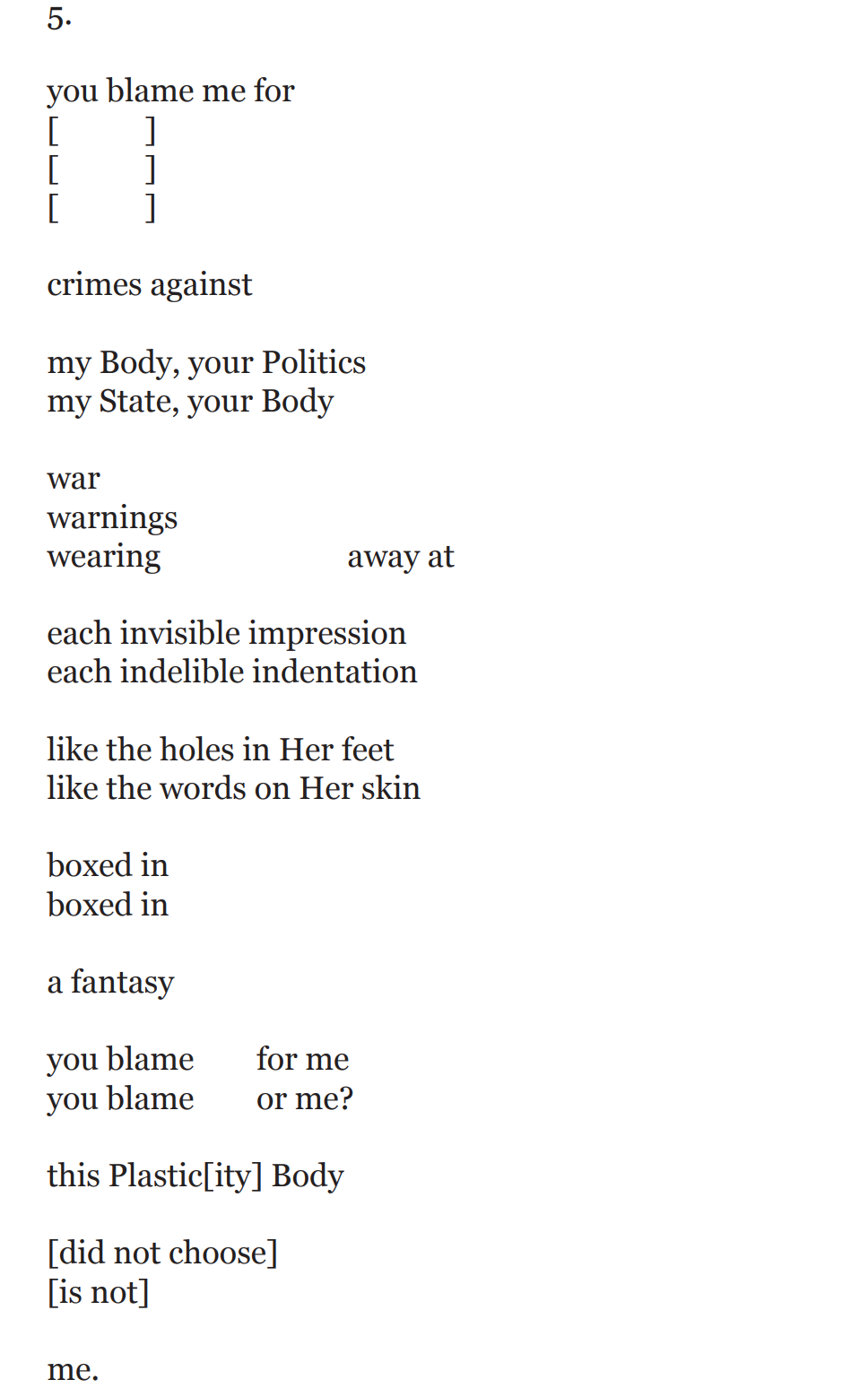
Lauren Woodzicka is an Appleton-based youth educator and writer. Among other things, she is passionate about movies, writing obscure ramblings in her Notes app, and spoiling her cat.




